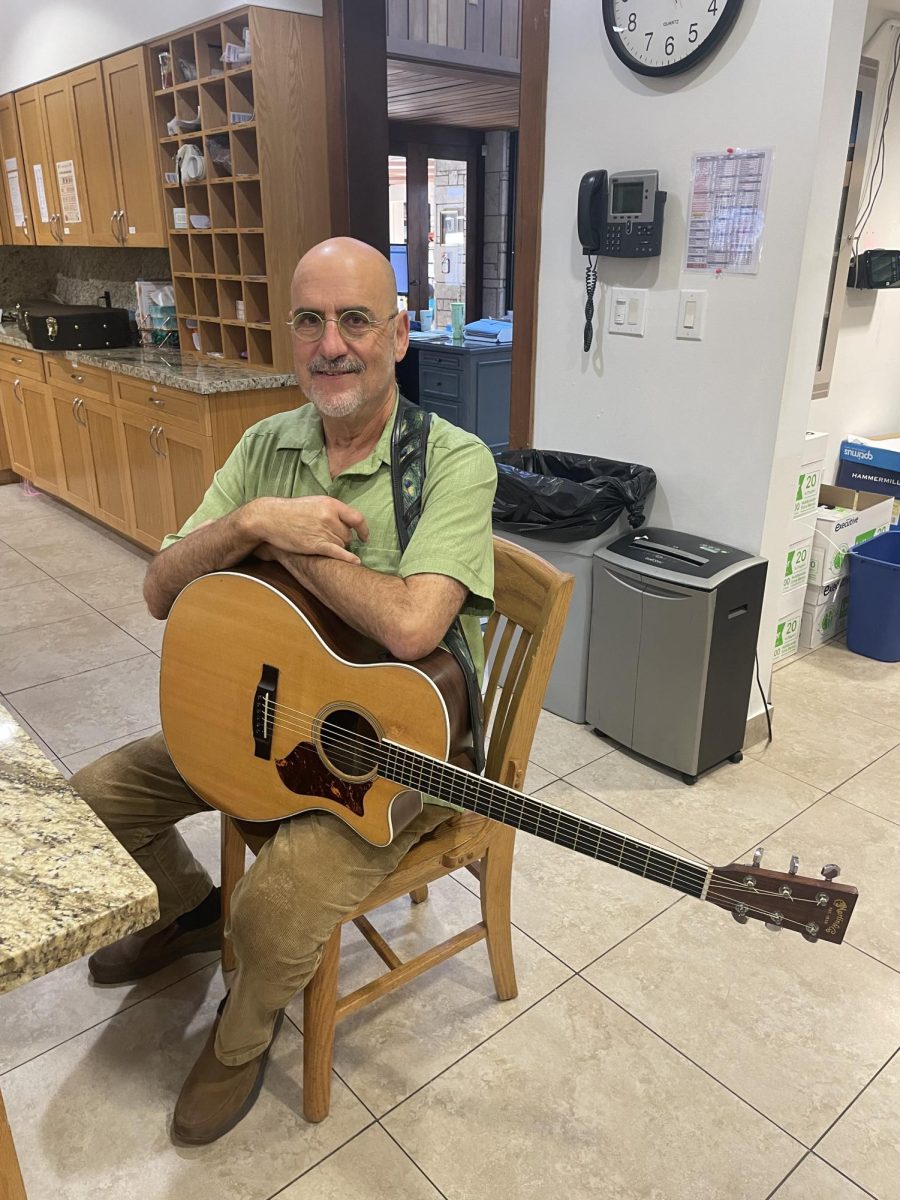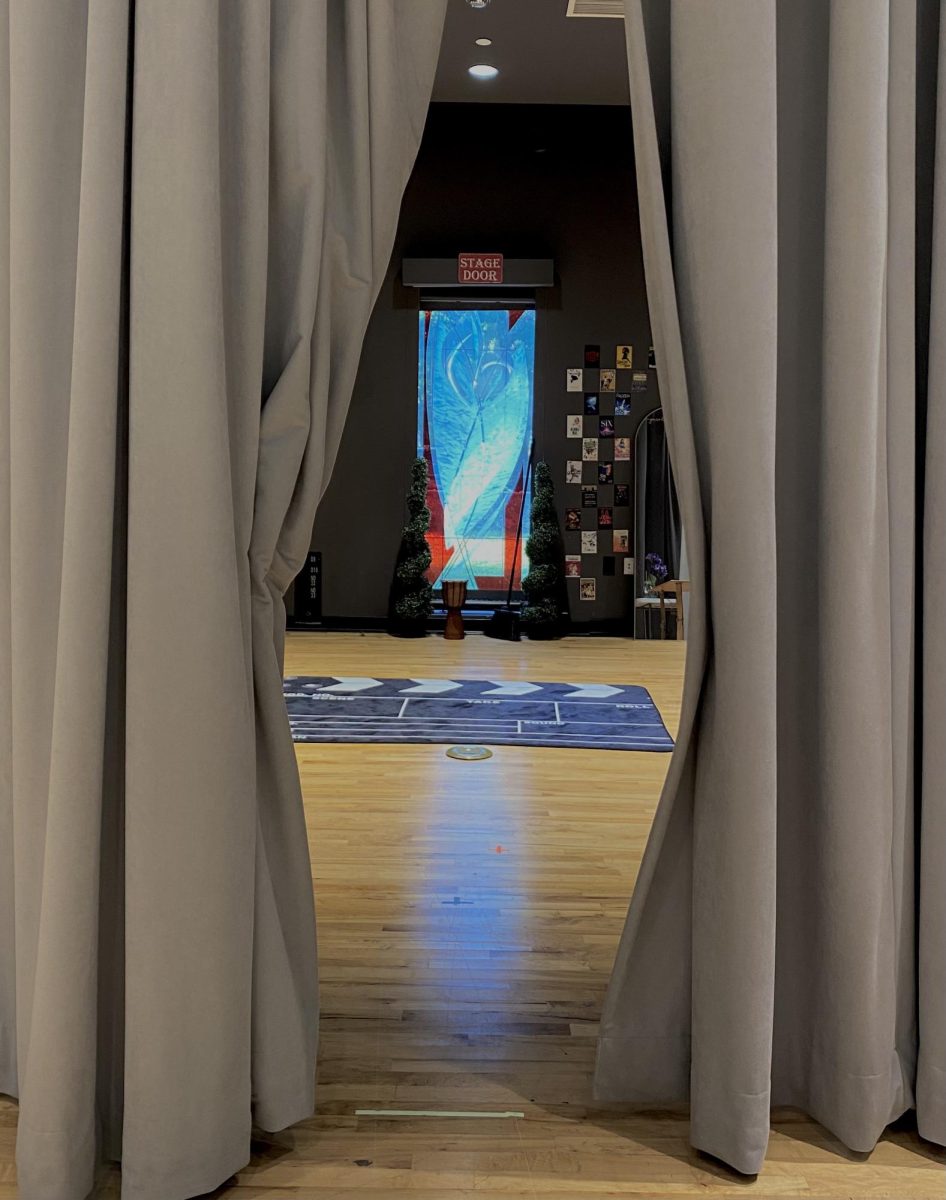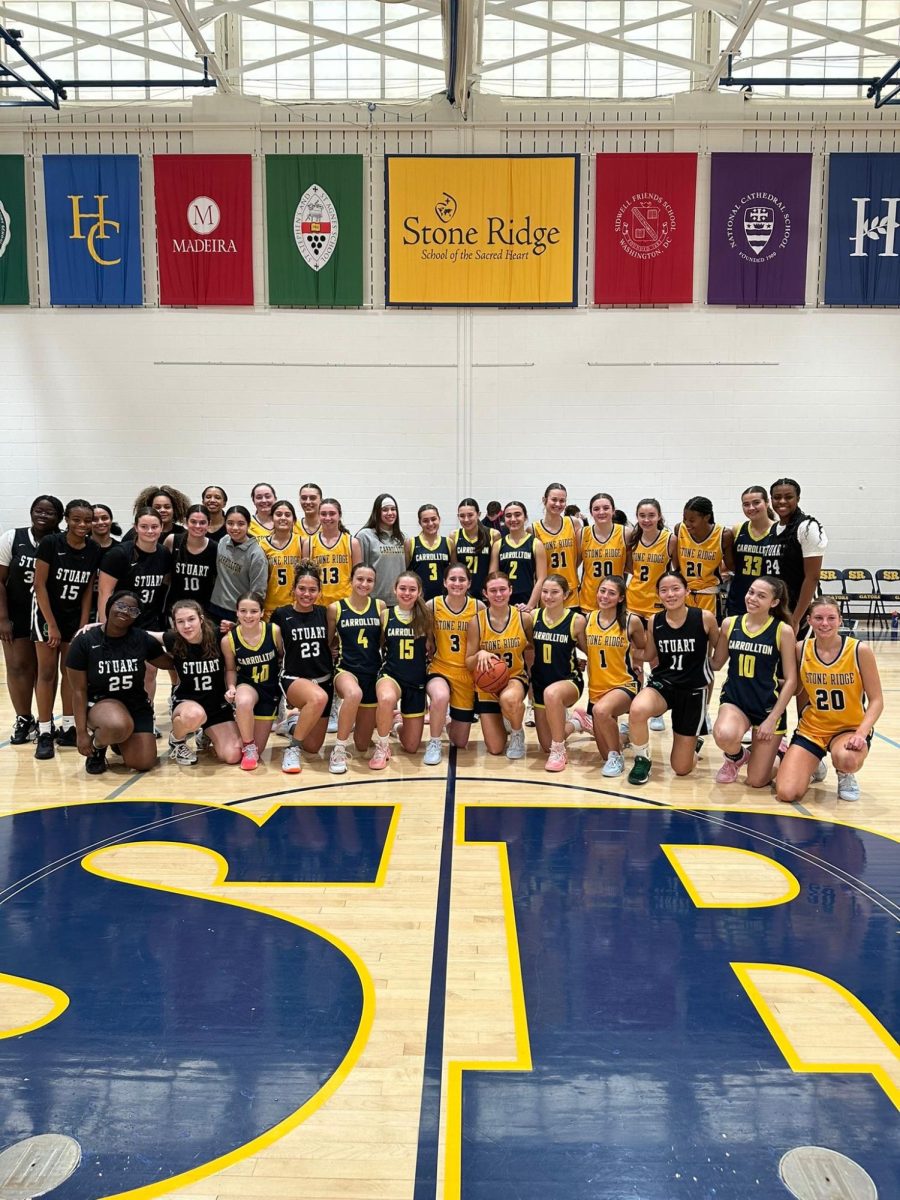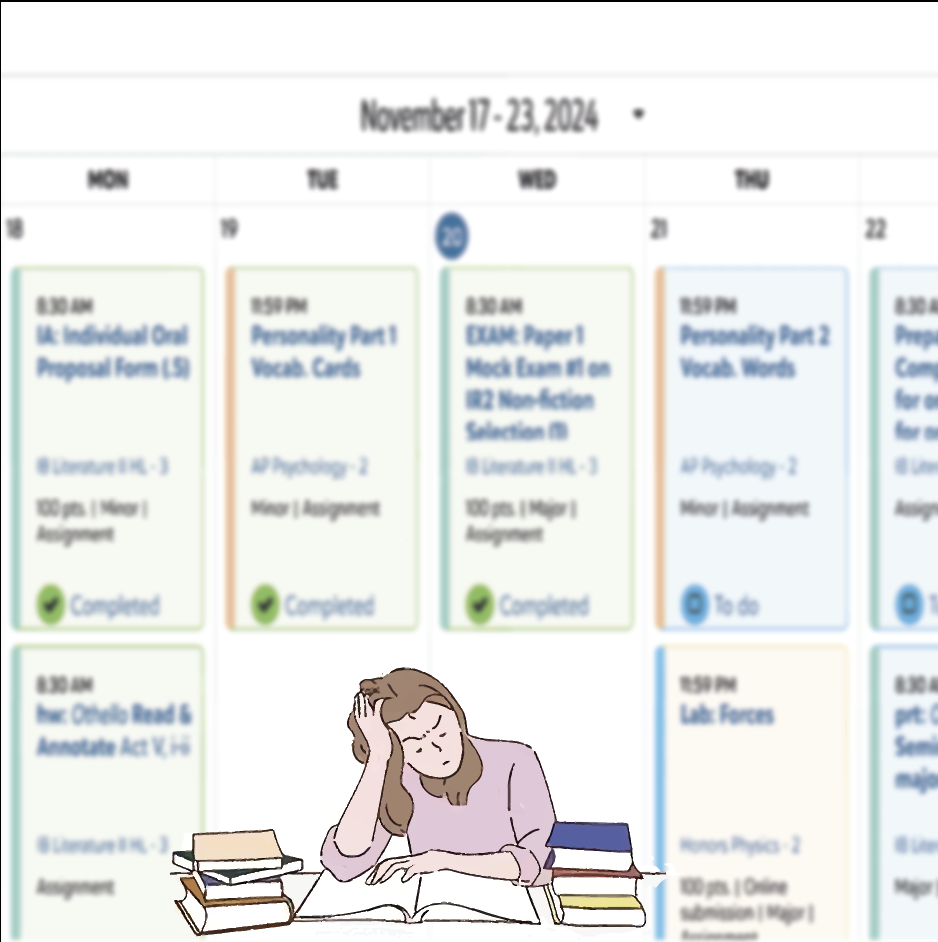It’s 10:30 p.m., and you’ve just gotten home from soccer practice. You have to shower, eat dinner, pack your bag for tomorrow, study for your math test and, on top of it all, you have pounds of homework to do. You sit on your bed stressing about how you will finish it all while your parents yell, “Go to bed! You need your rest!”
According to research by Health News, “when students are pushed to handle a workload that’s out of sync with their development level, it can lead to significant stress—for children and their parents.”
The effects of excess homework go beyond mental. The article states that “students in high-achieving communities who spend too much time on homework experience more stress, physical health problems, a lack of balance in their lives, and alienation from society.”
Stanford Research used survey data from 10 high-preforming high schools in California. They found that “spending too much time on homework meant that students were ‘not meeting their developmental needs or cultivating other critical life skills.’”
Too much homework can vary from student to student, but when it affects how many hours of sleep a student gets and the student’s overall health, it is clearly too much.
For students who are a part of Carrollton’s high-achieving community, the stress only worsens with the pressure of being involved in extracurricular activities.
Carrollton student Natalia Bracamontes ’29 has a rigorous schedule. She has cross country practice from 3 to 5 p.m., then soccer practice from 7:30 to 9 p.m. 4 days a week. Bracamontes strongly suggests that teachers lower homework and make it more realistic for student-athletes. She says, “Homework is more suited for non-student-athletes, but most of our class do multiple sports.” Bracamontes says getting to sleep early “is extremely challenging. I get home at 10 p.m., and I still have homework to do, so I realistically go to bed at 11 p.m. I usually still can’t finish it all, so I wake up at 5:30 to finish the rest.” This gives her six hours of sleep, which can be detrimental to her growth and mental health. In fact, CDC guidelines recommend teenagers get 8-10 hours of sleep, 2-4 hours more than students like Bracamontes are getting.
The CDC also says, “Children and adolescents who do not get enough sleep have a higher risk of obesity, diabetes, injuries, poor mental health, and problems with attention and behavior.” This undermines the purpose of homework because students can’t focus when they have anxiety and depression, which is what extreme amounts of homework can worsen. What is the point of understanding fractions if you are in a poor state of mental health?
Carrollton student Romy Singer ‘29 is not as busy with extracurriculars as Bracamontes, but she still believes that there should be some changes to how homework is assigned. One concern Singer has with school is that “sometimes the teachers aren’t vocal enough about work or tests. It’s tough to feel completely ready for a test when you learned about it two days ago.”
“A simple solution to this problem,” Singer says, ” is to just use the portal. It is an amazing resource and easy for students to use, so if teachers just assign tests there maybe a week in advance students will know.”
And “in some cases,” she suggests, “instead of writing their own ‘weekly homework’ they can just use the portal to make assignments, and it will be much more accessible to students because they can see it on their assignment center,” she says.
Singer believes that another issue is that some teachers aren’t mindful of other classes when assigning homework. Some teachers don’t take into account that students have four classes a day and are receiving homework in each of them.
Fortunately, she says, “there are still some teachers like Mrs. Diaz, an Upper School math teacher. I know math can be complicated and the homework can feel like a lot. Still, Mrs. Diaz helps lower homework from 80 questions to maybe 36, and the online application helps with understanding and explaining a question if you don’t understand.”
Mrs. Diaz believes that “quality over quantity is the way homework should be. Homework shouldn’t be torture; instead, it should be a way to better understand what you learned.” Nevertheless, Mrs. Diaz states that “homework is essential in algebra where the lessons are linear, meaning each lesson builds on the last.”
According to phys.org, “daily homework assignments were found to be most effective for improving mathematics achievement.” Mrs. Diaz still tries her hardest to keep homework to no more than 30 minutes a night, but for some students, the time varies significantly.
While teachers like Mrs. Diaz do try to keep other classes’ homework in mind when providing their own, homework can still pile up.
Bracamontes states that “study hall is a lifesaver.” She says that she never has time to complete homework in the evening, so she does most of it during lunch, snack, or study hall. But even with study hall, she struggles to keep up. “Carrollton should lower our homework. I don’t have an idea on how to make it happen, but I know it’s possible,” she says.
Sofia Fernandez ‘29 is an avid member of the Carrollton volleyball team, Carrollton soccer team, and Carrollton track team. Fernandez believes that reducing the amount of homework would be helpful, but the type of homework assigned also should be considered. Some teachers “don’t teach you the work,” she said. “They give you notes and have you teach yourself the materials.”
She believes that homework should primarily be to review and practice, not to ask students to learn new concepts on their own.
Mrs. Consuegra, Head of the Upper School, has acknowledged the concerns and is trying to find solutions. She says Carrollton is trying to help by listening to student feedback. “Last year we started a homework committee with members from grades 7 through 12 each representing a subject focused on trying to gain perspective on each student’s opinion on the amount of homework from each discipline,” Mrs. Consuegra said.
“The committee met up and discussed. The students decided to focus on ‘best practices’ that can be applied to all subjects…One of the outcomes of this is the rule of not being able to have more than 2 majors in one day.”
However, for many students, this rule is not enough.
Mrs. Consuegra acknowledges that not every student’s situation is the same. “More students should be considered when homework is being made,” she said. “One student might get home at 4 p.m. and finish all of her homework by 6 p.m. while another student gets home at 9:30 p.m. and, after showering and eating, doesn’t start her homework until 10:30 p.m.”
Although it is encouraging to see the administration and teachers responding to the homework problem, it can be discouraging to see that we continue to deal with heavy workloads and unmanageable schedules.
We believe that the easiest solution to this massive problem is reducing the amount of overall homework, perhaps by polling the opinions of students and teachers on the amount of homework we should have.
We also believe that simply giving us more time in school to complete our work would be beneficial. This would be easily achievable by reducing the number of assemblies we have. Having teachers better communicate with each other before assigning work would also greatly help.
In the meantime, we can only hope that things will change at Carrollton before we graduate. Maybe someday in the near future, we’ll be able to go to bed at a reasonable hour and get all 10 of our recommended hours of sleep. Until then, we’ll still be up at 1:02 a.m., running on 3 hours of sleep, finishing our Journalism homework.







































Vivii • Dec 3, 2024 at 9:25 am
devoured
Andrea • Nov 21, 2024 at 5:49 pm
ate